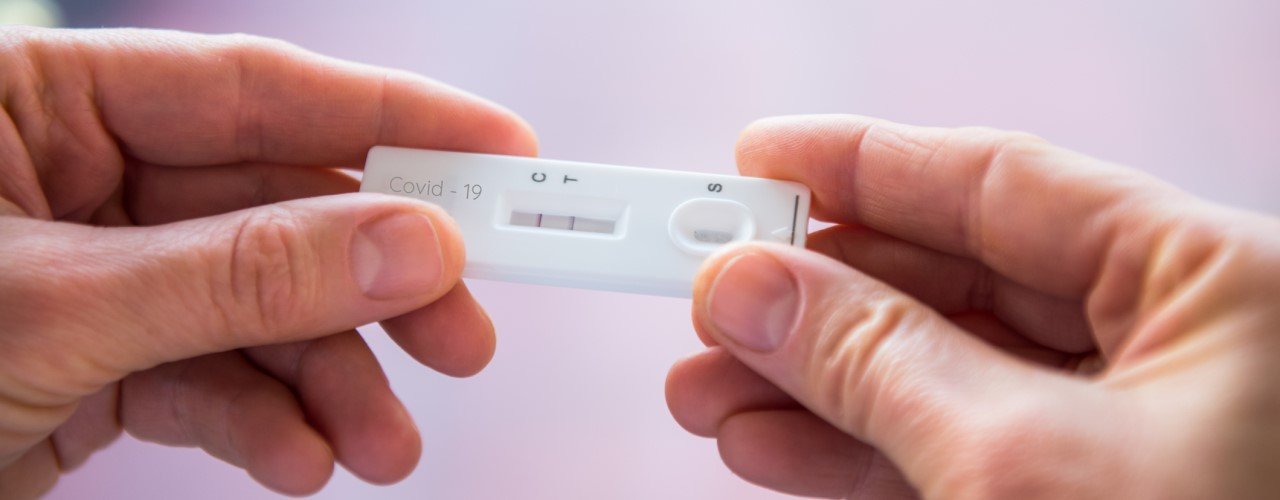Covid and loss of taste
As COVID-19 has evolved over the past two years there has been an increasing volume of research focused on understanding what it does to the human body. A loss of taste was highlighted as one of a collection of early symptoms but is now being identified as potentially a much more reliable indicator that someone has had the virus than other symptoms, such as a fever. For those who lost their sense of taste with COVID-19, there is also a risk of long-term damage.
What does COVID-19 do to the ability to taste?
Many people who have had COVID-19 report losing their sense of taste. Those who report this symptom as ongoing for four weeks or more after having COVID also report losing their “gustatory” sense, which is the ability to taste sweet, sour etc. It was originally thought that those who reported losing their gustatory sense were actually being affected by a loss of smell, as olfaction (smell) plays a big part in taste. However, now a new study has identified that around a third of people who lost their sense of taste with COVID may genuinely have done so.
Sense of smell and sense of taste
The way we appreciate food happens in two ways - via the taste buds in our tongues and by chewing food, which releases odours that are detected by sense receptors at the back of the nose. There can be some issues when it comes to self-rating whether we have actually lost our sense of taste - as we smell flavour, sometimes it’s the inability to smell that is the real issue. However, according to the new study, COVID-19 could actually affect loss of taste a lot more than was previously thought.
What does the study say?
Researchers in Italy conducted a study of COVID patients who reported experiencing disruption to their ability to taste more than three months after having the virus. Many of these patients were actually experiencing problems with smell and still had basic gustation. However, in 42% of patients the researchers identified a loss of basic taste and, when this had been adjusted for aging, 29% still had a loss of taste as a result of COVID-19. One of the reasons why the virus could affect the body in this way is because the taste bud cells carry the ACE2 receptor in the membrane, which is used by the virus to infect cells. However, the damage to taste buds could also be the result of inflammation or an increase in blood clotting.
Long COVID
The loss of taste and smell are also being reported as symptoms of Long COVID, although not as frequently as others, such as breathlessness. Nevertheless, one survey of 800 people identified that 65% had reported problems with taste and smell - unfortunately the study did not separate sense of taste from sense of smell but this could be just the start of the research into what the virus really does in terms of loss of taste.
If you’re experiencing a loss of taste post-COVID it’s always a good idea to see an ear, nose and throat specialist to make sure nothing else is going on.
Harley Street is the UK's foremost private medical centre which is dedicated to providing high-quality care for your ear, nose, throat, head & neck, and balance-related disorders. Find out more information on how Harley Street ENT can help you here.












